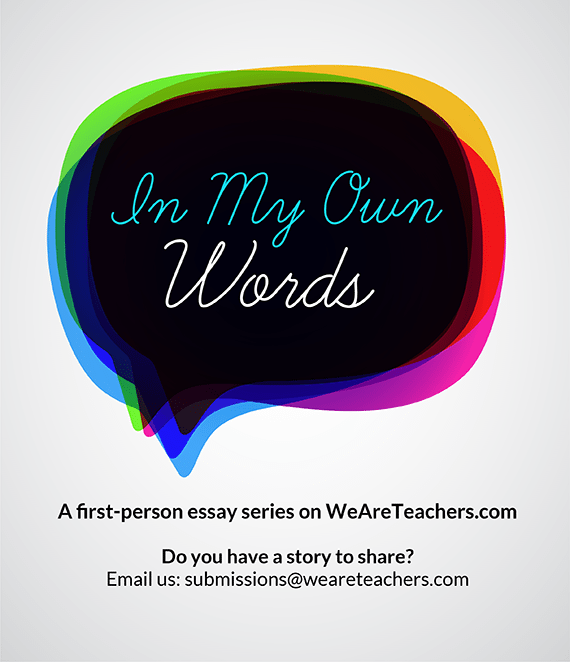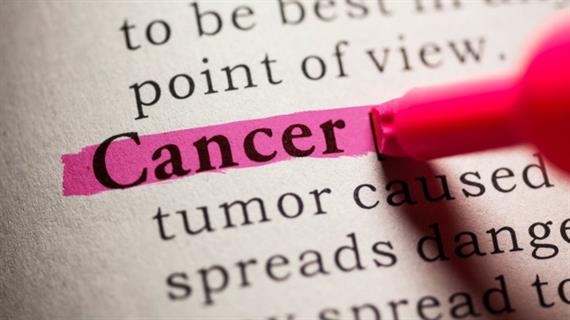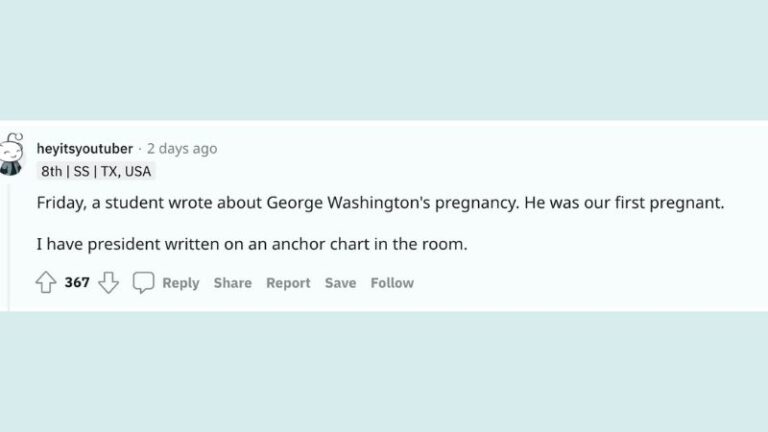I have cancer.
These three little words are probably the hardest words I’ve ever had to say in my life. And I certainly didn’t imagine I would be saying them this year to my 100+ students where I teach junior high in Oklahoma.
When I was first diagnosed with endometrial cancer (a type of uterine cancer) this summer, I didn’t want anyone to know. Maybe I was in a bit of denial. Or maybe I was just hopeful that my planned hysterectomy would take care of everything and I wouldn’t have to go through chemotherapy. In either case, I was adamant on keeping it private. I didn’t even tell some of my closest teacher friends.
The hysterectomy surgery wasn’t a cure, though. My doctor still wanted me to go through six rounds of chemotherapy. I still remember feeling crushed when I heard the news. All I could think about was losing my hair, missing school and becoming very, very sick. Still, I wasn’t ready to talk about it. I had to take one day at a time.
As the date for my first treatment got closer and closer, I realized secrecy and silence wasn’t going to work. These were seventh-grade students—they would know better. Plus, they deserved more.
On one of my last days in the classroom, I remember looking at the students in my classroom and thinking, I’m a teacher. I can turn anything into a teaching moment—even this.
My first chemo treatment was on a Thursday, and I was back in the classroom on the following Monday, ready to break my silence. During that first-hour class, I was more nervous about facing my students than I had ever been in my 25+ years of teaching.
“I have cancer,” I said in a shaky voice. “This is why I’ve been absent lately. I know cancer can be scary, but I want to use my experiences to teach you a little bit about it. This way it won’t be so scary to you.”
I teach seventh-grade geography, but we didn’t talk much about different countries, regions or cultures that day. Instead, I spent valuable time teaching my students about a lot of other very important, worthy things—like compassion, sympathy and bravery, with a little bit of science thrown in there too.
The kids had lots of questions. “Will your eyelashes fall out? How many types of cancer are there? Is it contagious? Will you still be our teacher this year? When will your hair grow back?”
Of course, there were lots of questions about losing my hair and wearing a wig. They even tried to convince me to dye my hair a fun color before it fell out or shave my head at school. (I’m still thinking about some of these suggestions.)
The students definitely surprised me with their response and understanding, but more than anything, I was blown away by their support. They gave me the most encouraging, uplifting comments.
“You will beat this.”
“I will pray for you.”
“We will be positive for you.”
“Your hair will grow back, Mrs. Lancaster. Don’t worry.”
I come from an entire family of teachers and educators, including my mom—Mrs. Bingham—who was a principal for many years at an elementary school. While she’s no longer with us since losing her battle to multiple myeloma a few years ago, I can’t help but think she’d be proud of me. After all, she educated students for more than 50 years, and I know she’d be happy I found a way to turn this into a teaching moment too.


